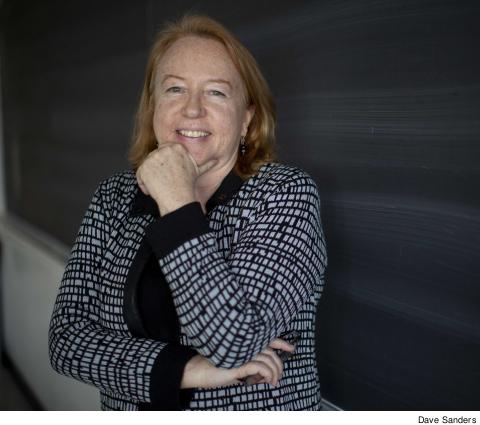Students, PSC make the case
 |
The PSC and student activists agree: The university must invest more money in mental health services in order to hire more counselors.
Student activists from across CUNY testified October 16 at a joint hearing of the City Council’s Higher Education Committee and Mental Health, Disabilities and Addiction Committee, citing research that showed as many as 40,000 undergraduate students have reported symptoms of depression, as they deal with the added stresses of poverty and the pandemic.
BLEAK NUMBERS
CUNY’s own numbers on the situation are bleak. Denise Maybank, CUNY’s interim vice chancellor for student affairs and enrollment management, testified that the average ratio of mental health staff to students is 1:2,595, with one campus at a ratio of 1:6,009. Maybank continued, “The mean staffing-to-student ratio for mental health services according to the Association for University and College Counseling Center Directors Annual Survey in 2019 was 1:1,362 [www.aucccd.org]. The International Accreditation of Counseling Services (IACS) organization recommends a ratio of 1:1,500 [www.iacsinc.org].” Students testified about long waiting times and insurance issues, and urged the university to step up efforts to increase student awareness of mental health services through aggressive advertising.
“The needs for mental health services are unusually high compared to colleges across the country, considering the stresses our students face,” PSC President Barbara Bowen said in her testimony. “Since COVID, those needs have been multiplied, but the services at CUNY are unacceptably low.”
HIGH RATIOS
The testimony of PSC member Pedro Luna, a SEEK counselor at Lehman College, echoed Bowen’s. “The student ratio is very high, so it’s very hard to give [students] the attention that they need,” Luna said. “[Counselors] are very highly qualified, [but] every day their schedule is packed.”
The need for more mental health counselors at CUNY has been a concern for the PSC Higher Education Officer (HEO) chapter for two decades. PSC HEO Chapter Chair Cynthia Bink, the director of counseling services at City Tech, stated in written testimony to the CUNY Board of Trustees in October, “Because CUNY is underfunded, we are hiring fewer full-time professional staff that work directly with students. Long-term, full-time professional staff build relationships with students.”
Citing an additional CARES Act money, Bink said, “Moving to a remote counseling model increased the need for more staff training and resources. Students were under stress to adjust to remote learning and deal with pandemic-related mental health needs like loss, grief, trauma, depression, anxiety, intimate-person violence and suicidality. Counseling centers lacked resources to quickly connect to students off campus and online. Center directors were grateful that the university was acknowledging the problem by offering additional funding to support student services. For some campuses, temporary and part-time hiring of mental health counselors has been fully approved and hiring has commenced. Funds are limited to this fiscal year only. Any improvement to services will stop on May 14, 2021. There is concern that if the funds cannot be quickly spent, they will be used for other campus needs or returned to the university. Although CUNY has suggested that the May 14 deadline might be extended, uncertainty makes planning difficult.”
NEED TO HIRE
Bink added, “On some campuses it seems there is pressure to spend these funds on anything except full-time hiring, even if proposed expenditures are only marginally related to mental health or would leave substantial funds unspent. Temporary funds are simply not enough to meet the needs of CUNY Counseling Centers. Hiring of additional mental health counselors and services needs to be permanent.”
Maybank told the New York City Council at the October hearing that she was moved by what students said about the need for more mental health counseling. “We need to be responsive to our students,” she said. “Additional resources are necessary.”
CUNY STATEMENT
The university has, for its part, announced increases in services, saying in a statement, “The $5 million expansion, supported with funds allocated to the university through the federal CARES Act, will allow CUNY colleges to reach more students with face-to-face online,” adding that all “campuses will receive allocations that they can use to expand the clinical staffs of their health and wellness centers and increase their capacity to provide counseling and other services using distance technology.”
CUNY vowed to “train and certify 120 campus clinical counselors in providing ‘teletherapy’ services and to purchase new technology that will make it easier for students to access the mental health support services they might need while the university’s classes remain almost entirely online.”
City Council Higher Education Chair Inez Barron was pleased to hear the administration was receptive to the student testimony, agreeing that CUNY needed to put more funding into mental health services. “It calls for a very specific allocation of money,” Barron said. “This is a golden opportunity for CUNY to step up.”

